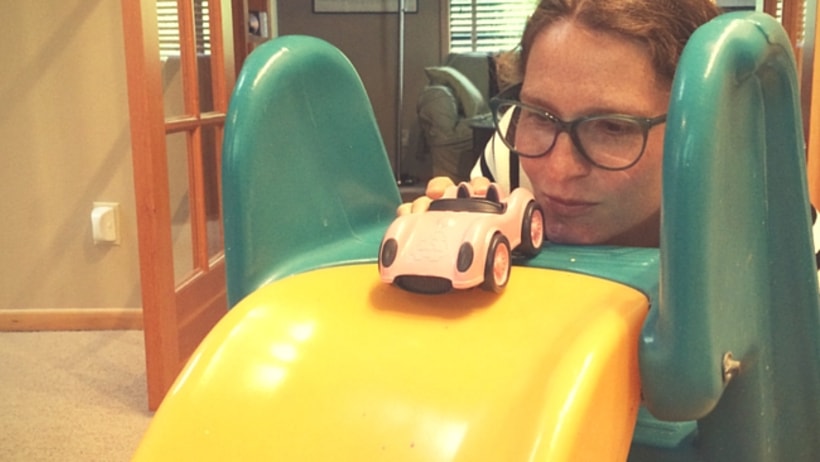When conservative Judaism made the change to allow congregants to drive to shul on Shabbat, the argument against the change was that congregants would take this permission further than intended. Those opposed to this shift were concerned that anyone who started driving to shul on Shabbat would eventually be driving to the movies on Shabbat or driving to the mall on Shabbat. This is the definition of what we often call a “slippery slope.” It’s the fear, logical or not, that one action may result in unintended and disastrous consequences. The slippery slope argument is invoked in order to maintain the status quo rather than risk a calamitous outcome. In the case of driving on Shabbat, the concern was that one decision would water down the observance of the entire movement.

That’s not a discussion we need to get into specifically, although this week’s parshah contains an interesting version of the slippery slope. This week, in parshat Bechukotai, the Israelite nation is receiving the final laws of the book of Vayikra, which detail specifically how we should treat one another in various relationships and how we should connect to God. The Israelites have only been out of Egypt for a short period of time, and during this first taste of freedom, they are in their stubborn and rebellious adolescent years as a nation. God, as the dutiful parent, tries every which way to implore the Israelites to keep the mitzvot. God tries to use a love and logic approach in giving consequences that fit the actions, as we saw in parshat Yitro. God tries angry intimidation, as exhibited when the Israelites build the golden calf. Now, God brings on the threats.
Chapter 26, verses 14-45 are a section of text known as the Tochecha, the rebuke of the nation for their missteps. In verse 18 God shares that the disciplinary action for sinning will be sevenfold. The Sifra, a fourth century commentary on the book of Leviticus, sees the process of falling away from God’s ordained path as occurring in seven steps, which read remarkably like a cause-and-effect slippery slope argument:
- People will stop studying Torah.
- Without this foundation of study, they will come to see the commandments as matters of personal choice rather than moral obligations.
- They will therefore resent people who do study and practice and who make them feel guilty for not doing so.
- They will then try to stop others from fulfilling the commandments in order to feel less guilty themselves.
- They will deny that the commandments came from God.
- They will deny the existence of a covenant between God and Israel.
- They will deny the existence of God.
The Sifra offers what is certainly a worst cast scenario, but it also reminds us that our actions, for better or worse, can cause chain reactions in the world. And it got me thinking. We really only focus on the negative slippery slopes (a slippery slope has a pretty negative connotation), but the change we sometimes fear could just as easily result in a series of positive aftereffects.
Consider the positive slippery slope of driving to shul on Shabbat. The reason this response was accepted was because removing the prohibition against driving potentially allowed more people to feel comfortable traveling to shul on Shabbat. This, in turn, would help build community and strengthen the Jewish people in the long run. Perhaps rather than calling this positive chain reaction a “slippery slope,” it instead harkens back to how Moshe received the Torah in the first place; he climbed the mountain.
-Rabbi Eve Posen
Source: Slippery Slope – Parshat Bechukotai 5776 – Rabbi Eve Posen



